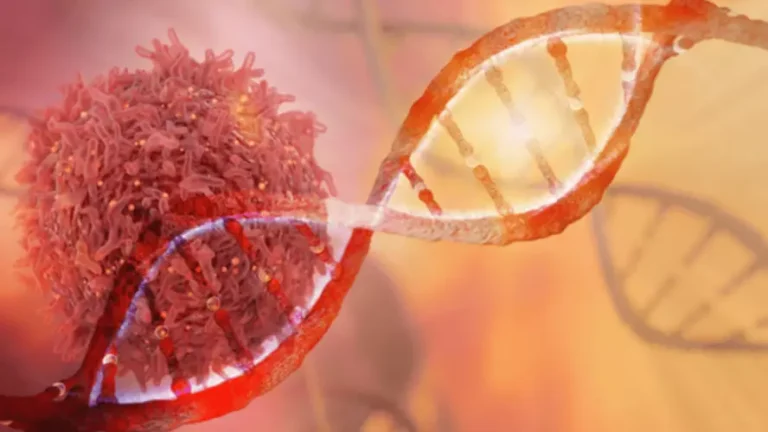
Alcohol shakes, also commonly referred to as alcohol tremors, are involuntary quivering or trembling movements that often occur when a person is experiencing withdrawal from alcohol. These debilitating symptoms can affect various parts of the body, most commonly the hands, but can also manifest in the arms, legs, and even the face. Alcohol shakes may arise during periods of reduced alcohol consumption or after abrupt cessation of drinking. It is important to seek medical attention if you are experiencing alcohol shakes as they can be a sign of a more serious health condition. If left untreated, alcohol shakes can progress to more serious symptoms such as seizures, hallucinations, and delirium tremens. The Recovery Village Atlanta offers comprehensive addiction treatment for drug and alcohol addictions and co-occurring mental health conditions.
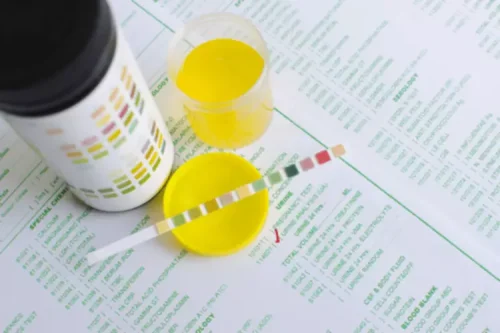
Seek Medical Support
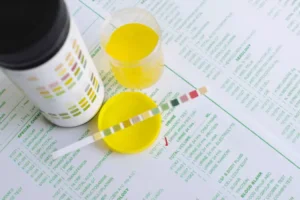
These shakes can range from mild to severe and are often most noticeable in the hands. They are a physical manifestation of the body’s dependence on alcohol. When someone who has been drinking heavily stops consuming Halfway house alcohol, their body, which has adjusted to the presence of alcohol, suddenly finds itself out of balance, leading to these tremors. These resources provide a valuable community for individuals in recovery, promoting abstinence and healthier lifestyle choices to prevent relapse.
General Health
When you wake up, your brain becomes overwhelmed with activity, triggering tremors and shaking during a hangover. The length of time alcohol shakes last can vary significantly from one individual to another, influenced by factors such as the severity of alcohol dependency. Regularly drinking significant quantities of alcohol gets the brain used to a reduced level of stimulation. When the effect of alcohol wears off, the brain finds it difficult to cope with an increase in activity. This makes the nervous system hyperactive, which may result in shakes or tremors. https://ecosoberhouse.com/ Consuming a large quantity of alcohol causes inflammation of the nervous system.
Why You Feel Shaky After Drinking
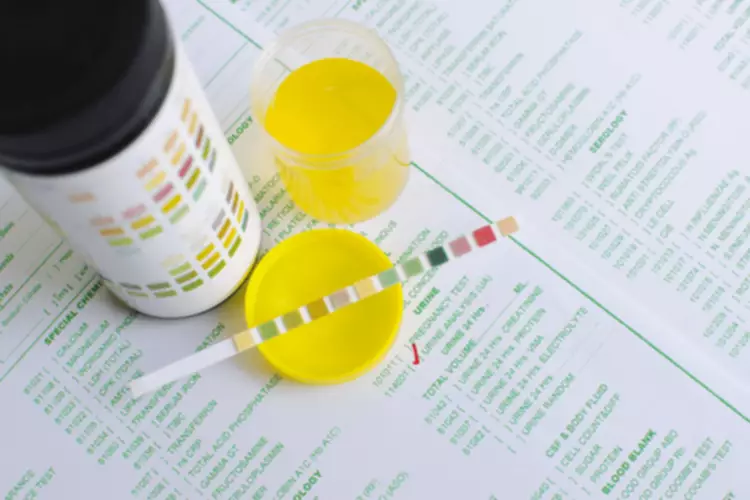
This anxiety is often the exact problem the AUD sufferer wishes to remedy, choosing alcohol as medicine. Being that this anxiety usually underlines the disorder, it too can produce tremors. how to get rid of the alcohol shakes This is amplified if the alcoholic is abstaining (we’re speaking mostly towards the initial period of detox here).
What is Alcohol Withdrawal?
With early intervention and the right support, there’s hope to manage and overcome these tremors. This article will review alcohol shakes, their causes, treatment, the other signs of alcohol withdrawal, and when a person should contact a doctor. It’s not wise to try and stop using alcohol on your own if you are experiencing withdrawal symptoms.
- These strategies will help the shakes to be as short and mild as possible when combined with medical treatments, but they are not a substitute for seeking professional help during detox.
- Drinking may no longer be about enjoyment or socializing, but rather about avoiding withdrawal symptoms.
- It’s a good idea for anyone who drinks to seriously consider these points and evaluate their relationship with alcohol and its impact on their life.
- You might feel jittery, anxious, and yes, you might experience those shakes.
- Over time, the brain and the central nervous system become accustomed to this “lower standard” of operating.
- When someone drinks heavily over an extended period, their body becomes dependent on alcohol to function.
Tips To Decenter Alcohol From Your Life
While liver disease from alcohol can cause asterixis, a condition which causes the hand to “flap,” this is usually a rarity. If the alcohol shakes persist for months after abstinence, the addiction specialists will typically recommend that the patient see a neurologist. An MRI can identify shrinkage in the cerebellum, which is a sign that it has been damaged from alcohol.
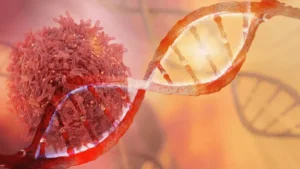
The more people in your personal network that you trust to support your journey, the more likely you are to be successful. Focus on a diet full of lean proteins like fish, chicken, lean meats, beans, lentils, nuts and nut butters, and nonfat dairy products. Eat a diet rich in whole grains, vegetables, and fruits (be sparing with fruit as it’s high in sugar). This article is intended for those looking to change their relationship with alcohol socially.
- Engaging in appropriate lifestyle habits can also help improve alcohol shakes.
- When alcohol is suddenly removed, the body experiences a “rebound” effect as it attempts to readjust.
- When drinking is suddenly stopped, the balance of these neurotransmitters is disrupted, leading to brain overexcitation.
- They are a physical manifestation of the body’s dependence on alcohol.
Signs of Alcohol Use Disorder
With a combination of these approaches, you can reduce the intensity of alcohol shakes and move closer to a healthier and happier lifestyle. The best way to treat alcohol shakes is to stop drinking and seek medical attention immediately. If the shakes are a result of alcohol withdrawal, then a medical professional can provide treatment to help manage the symptoms and reduce the severity of the shakes.